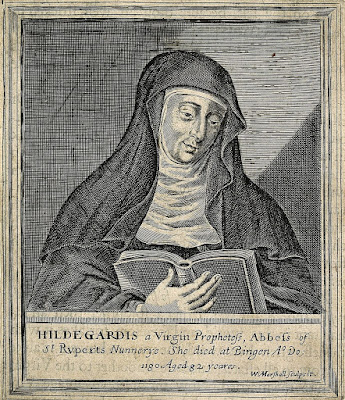my ornamental Japanese cherry tree in full autumnal splendour
This morning I woke up a little subdued - I don't want to make my mood sound darker than that; subdued is a good enough word for now. I have been very aware of the days getting shorter, the nights drawing in and leaves turning colour prior to tumbling off the trees. Loneliness is so much worse in winter. Time to beware of the black dog.
So, what to do to make today, Sunday, a little special? It is all too easy for me to let one day run into another without any marker, and time at this time of life speeds up and before you know it, another month has passed.
Let's start with breakfast, maybe a couple of slices of fruit bread and marmalade? Some ham and a sliver of mature Welsh cheddar? During the week I eat muesli and stewed fruit and nothing else; it's quick and easy and fairly healthy because of the dried fruits, nuts and seeds that I add myself. And how about a large mug of fennel tea to wash it down. The main thing is to eat consciously, taste every bite and savour the hot drink going into my stomach.
And while I am eating breakfast I have chosen to be accompanied by Hildegard of Bingen's heavenly sounds. Instead of almost deliberately depressing myself - I know what happens when I read the daily news reports - why not refresh my knowledge of this early medieval polymath, visionary, composer, writer, poet, botanist, philosopher, medical writer and practitioner and abbess of two convents, which she founded. Hildegard was born into the Rhenish aristocracy in 1098, she spent the remainder of her eighty years as a nun.
Hildegard von Bingen. Line engraving by W. MarshallHildegard became very powerful in a male dominated Church. She prevailed against various abbots and bishops and even attracted the attention of the pope in Rome who gave her permission to record her visions. She completed her great musico-poetic work around the year 1150. Seventy-seven songs and a music drama are extant today, more than of any other single medieval composer. When the mood takes me I will happily spend an hour in her company.
Hildegard was not universally popular in her time, powerful women were not then and are not now. Nothing much changes. It is said that her nuns, all noble ladies, wore jewellery and extravagant headdresses, and pursued an active life of the mind - without spending too much time in hair shirts, or on bread and water in freezing cells. (I made that last bit up.)
In spite of a lifetime of poor health Hildegard had a vast output of work. She has become important in our time for many reasons. The Feminist movement has embraced her and her ideas on holistic natural healing have been incorporated into the New Age canon.
On Oct. 7, 873 years after her death, the Vatican finally gave her the highest recognition for her considerable achievements. She was elevated to Doctor of the Church, a rare and solemn title reserved for theologians who have significantly impacted Church doctrine. There are 34 Doctors of the Church, and only four are women (Catherine of Siena, Teresa of Ávila, Thérèse of Lisieux and now, finally, Hildegard von Bingen).
I admire her but most of all I like to listen to her music. Nothing can soothe the anxious spirit like her music can. for today the black dog is banished.



























